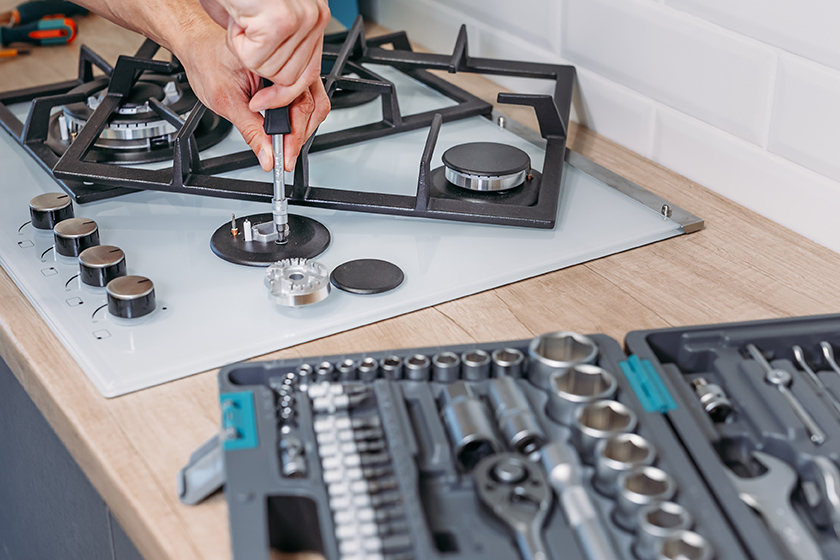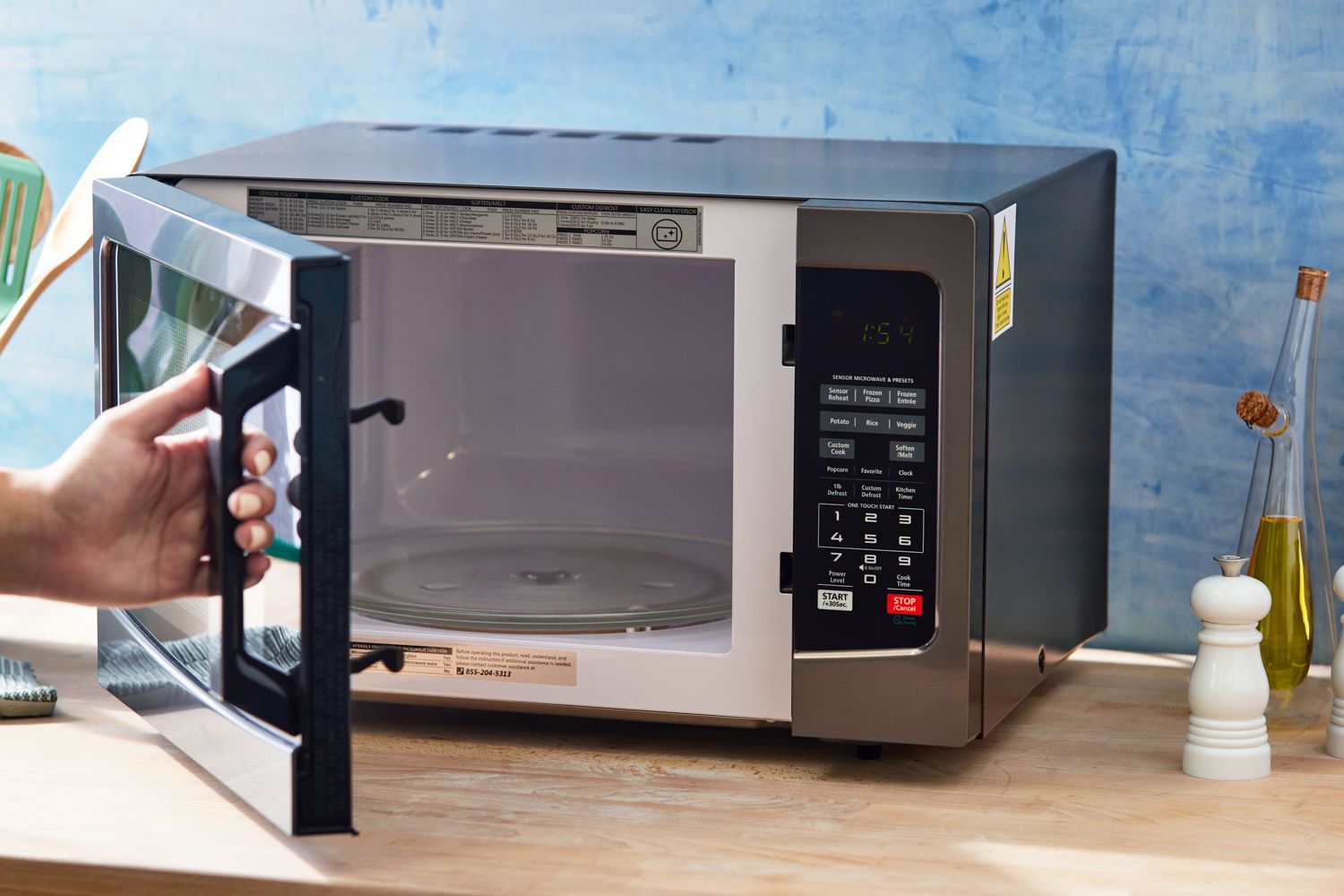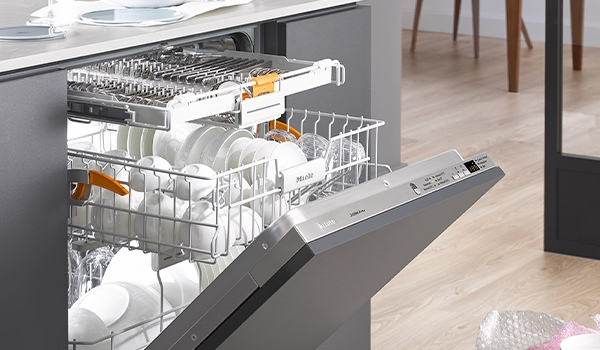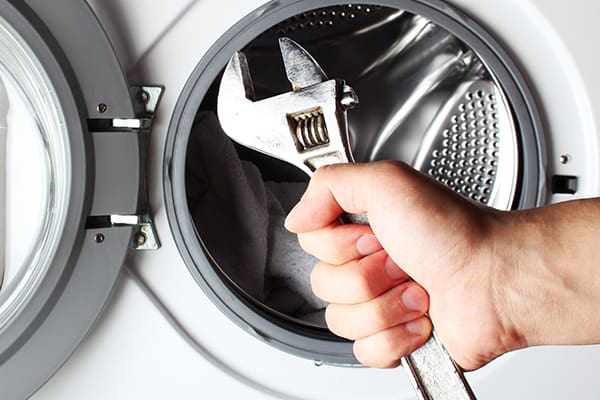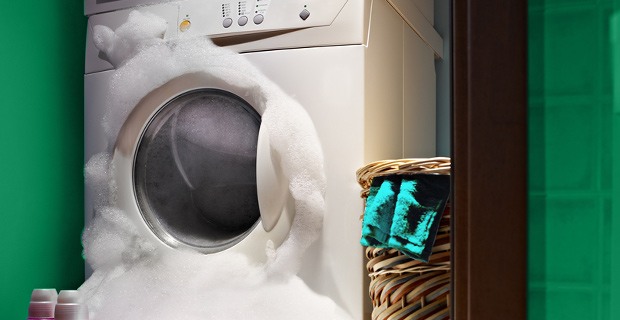Signs When You Need Professional Gas Appliance Repair
Gas appliances are an integral part of our daily lives, providing us with the convenience and efficiency we've come to rely on. Whether it's a gas stove, oven, water heater, or furnace, these appliances play a crucial role in our homes. However, like all mechanical systems, gas appliances can experience issues over time, and it's essential to recognize the signs when they require professional repair. Ignoring these signs can lead to safety hazards, increased energy bills, and the inconvenience of not having a fully functional appliance. In this article, we will explore the key indicators that suggest it's time to call for professional gas appliance repair.
Strange Odors
If you detect unusual odors such as a strong, sulfur-like smell (similar to rotten eggs) coming from your gas appliance, it's a critical sign that there may be a gas leak. Natural gas is odorless, but utility companies add a distinct smell for safety reasons. A gas leak can be extremely hazardous, as it can lead to explosions or carbon monoxide poisoning. In this case, shut off the gas supply immediately, open windows for ventilation, and contact a professional gas appliance repair service without delay.
Pilot Light Problems
The pilot light in gas appliances like water heaters and furnaces should burn a steady, blue flame. If you notice that the flame is flickering, yellow, or frequently going out, it could be a sign of a malfunction. This could indicate issues with the thermocouple or a ventilation problem, both of which require professional attention.
Inconsistent Heating or Cooking
Gas stoves, ovens, and furnaces should provide consistent and even heating. If you're experiencing uneven temperatures or your appliance is taking much longer to reach the desired heat level, there may be an issue with the burners, heating elements, or other internal components. These problems can affect the efficiency of the appliance and lead to higher energy bills.
Unusual Sounds
Unusual sounds, such as banging, hissing, or clanging, coming from your gas appliance are usually indicators of problems. These sounds may be due to loose parts, a malfunctioning blower motor, or other issues within the appliance. Ignoring these sounds can lead to more significant damage and costly repairs in the long run.
Increased Energy Bills
If you've noticed a sudden and significant increase in your energy bills without any apparent explanation, your gas appliance may be the culprit. Malfunctioning appliances often work harder to perform their tasks, resulting in higher energy consumption. Regular maintenance and timely repairs can help keep your energy bills in check.
Age of the Appliance
Gas appliances have a lifespan, and as they age, they become more prone to breakdowns and efficiency problems. If your gas appliance is reaching or has exceeded its expected lifespan, it's a good idea to have it inspected by a professional regularly and be prepared for potential repairs or replacements.
Excessive Condensation
If you notice excessive condensation or moisture buildup on the exterior of your gas appliance, it may indicate a problem with its venting system. Proper venting is crucial for expelling combustion gases and preventing moisture buildup inside the appliance. Excess moisture can lead to rust and corrosion, affecting the appliance's performance.
Gas Smell Around the Appliance
In addition to the strong sulfur-like smell that indicates a gas leak, you may also notice a faint gas odor around your gas appliance when it's operating. This can be a sign of a minor leak or a connection issue. While not as urgent as a strong gas odor, it still requires prompt attention to prevent any potential hazards.
Carbon Monoxide Detector Alerts
If you have a carbon monoxide detector in your home, pay attention to any alerts or alarms. Carbon monoxide is a colorless, odorless gas produced during incomplete combustion. Gas appliances that are not functioning correctly can emit carbon monoxide, which is a silent but deadly threat. If your carbon monoxide detector goes off, ventilate your home, shut off the gas supply, and seek professional assistance immediately.
Difficulty Igniting the Appliance
Difficulty lighting the pilot light on your gas appliance or getting the burners to ignite is a clear indication of a problem. It could be related to issues with the ignition system, gas flow, or burner components. Attempting to force the appliance to light can be dangerous, so it's best to call a professional for diagnosis and repair.
Visible Damage
Any visible damage to the exterior of your gas appliance, such as dents, cracks, or rust, should not be ignored. These issues can compromise the appliance's structural integrity and safety. A technician can assess the extent of the damage and recommend repairs or replacements as needed.
Inadequate Flames
When your gas appliance is operating correctly, it should produce consistent, blue flames. If the flames are small, flickering, or have an unusual color, it suggests combustion issues. Proper combustion is essential for efficiency and safety. A professional can diagnose and correct the problem.
Reduced Flame Size
If you notice that the flame on your gas stove or in your gas oven is smaller than usual, it could be an indication of a clogged burner or a problem with the gas supply. Reduced flame size can impact the appliance's efficiency and cooking performance. A technician can diagnose the issue and make the necessary adjustments.
Delayed Ignition
Delayed ignition occurs when there is a noticeable pause between turning on the appliance and the ignition of the burner or pilot light. This delay can be dangerous, as it may result in the buildup of unburned gas, which can ignite suddenly and cause a flash fire. If you experience delayed ignition, it's crucial to have the appliance inspected and repaired promptly.
Pilot Light Won't Stay Lit
Gas appliances equipped with pilot lights should keep the pilot light burning steadily. If you find that the pilot light repeatedly goes out or won't stay lit, there may be an issue with the thermocouple, which is responsible for maintaining the flame. Ignoring this problem can lead to unreliable appliance operation.
Uneven Heating in the Oven
For gas ovens, uneven heating can lead to inconsistent cooking results. If you notice that some parts of your dishes are undercooked while others are overcooked, it's a clear sign that your oven needs attention. The problem may be related to faulty heating elements or a malfunctioning thermostat.
Conclusion
In conclusion, recognizing the signs that your gas appliances need professional repair is vital to ensure the safety of your household and the efficient operation of your appliances. Gas-related issues should never be taken lightly, and professional technicians with the right expertise and tools should be called upon to address them.
Regular maintenance and prompt repairs can not only save you money in the long run but also provide peace of mind knowing that your gas appliances are functioning as they should. Don't hesitate to contact a reputable gas appliance repair service at the first sign of trouble to prevent potential hazards and costly repairs in the future.
Safety should always be your top concern when dealing with gas appliances. If you ever suspect a gas leak or immediate danger, evacuate your home, contact your gas utility company, and call emergency services without delay.


